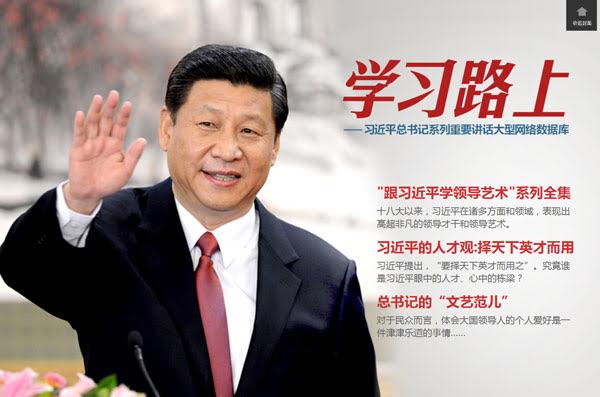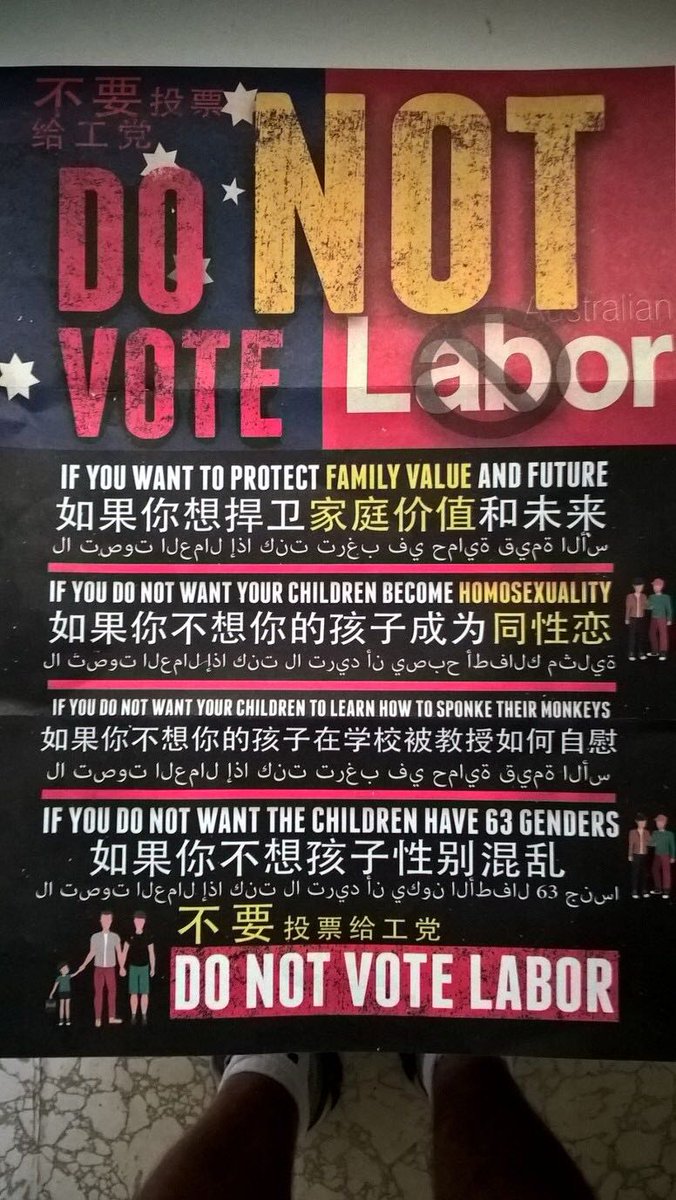More vitriolic rhetoric from KCNA
We've already had a taste of the crass, crude contumely that the Korean Central News Agency (KCNA) typically spews forth against the perceived enemies of the North Korean state:
"Dotard" (9/22/17)
"Of dotards and DOLtards" (10/4/17)
KCNA hits a new low with their latest denunciation of the Japanese Prime Minister, Shinzō Abe:
"North Korea promises to bring 'nuclear clouds' to Japan, mocks PM as 'headless chicken'", by Katherine Lam, Fox News (10/3/17)
"N. Korea threatens nuke strike on Japan, calls Abe ‘headless chicken’: Abe’s comments at UN will 'bring nuclear clouds to the Japanese archipelago,' says KCNA", Asia Unhedged, Asia Times (10/4/17)
Read the rest of this entry »


